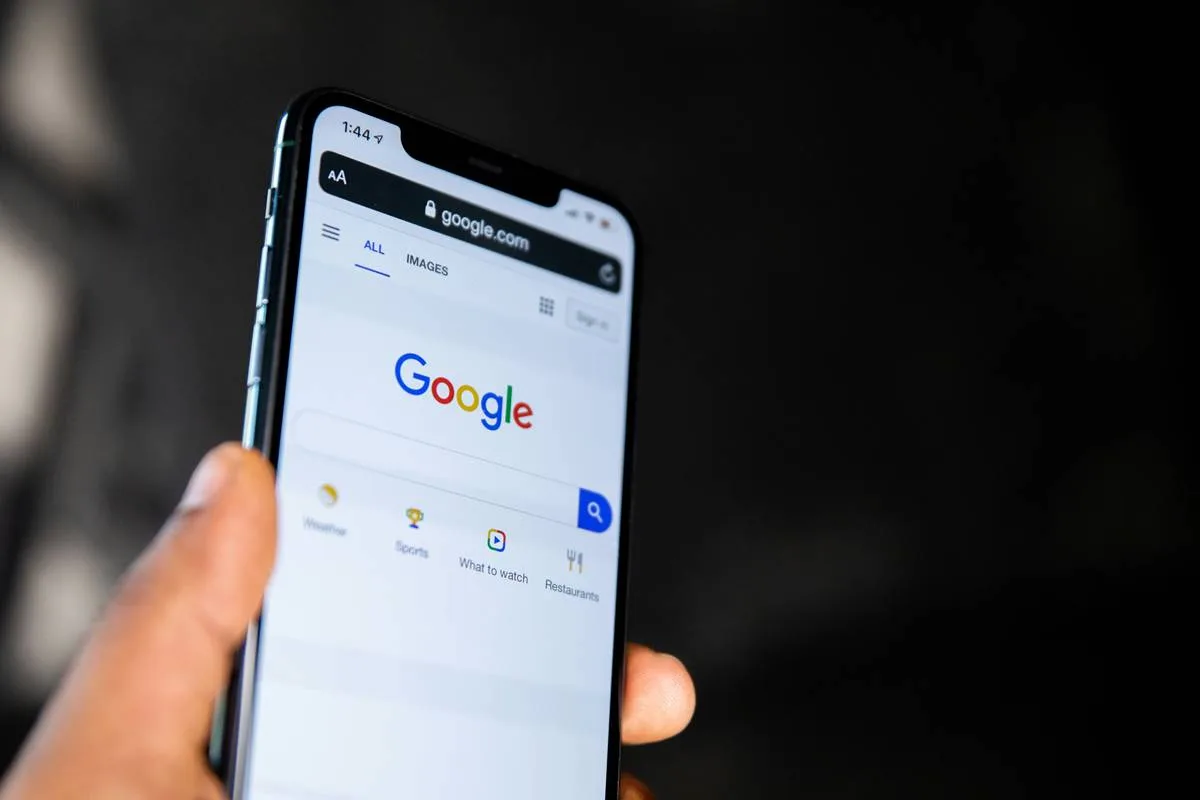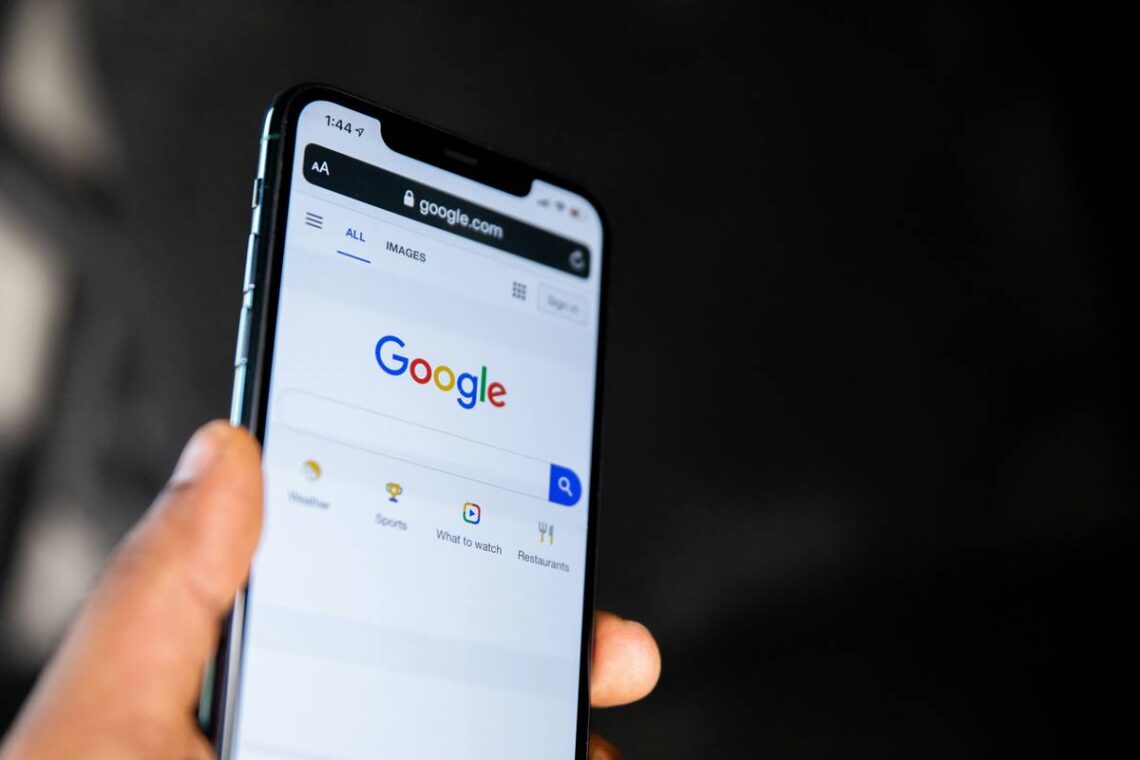Apple is implementing significant changes to how browsers function on iPhones and iPads in Europe due to new European Union rules aimed at promoting competition. These alterations allow browsers like Chrome and Firefox to use their own technology on iOS devices, but this change is exclusive to Europe.

Google and Mozilla, the companies behind Chrome and Firefox, express discontent, claiming that Apple’s region-specific adjustments create complexity. They argue that developing two versions of their browsers, one for Europe and one for the rest of the world, is unfair and hinders competition, particularly against Safari.
Apple’s move is seen as a response to EU regulations, intending to level the playing field for various browser options. While Safari has faced criticism for being slow to adopt new features, the new rules may encourage competition and improvement.
However, Google and Mozilla assert that Apple’s restrictions limit this competition to Europe, leaving the rest of the world without immediate access to enhanced browsing experiences. Despite concerns, Google and Mozilla have been preparing their browsers for iOS, anticipating eventual improvements for users globally. The impact of Apple’s changes raises questions about the broader implications for web browsing on iPhones and iPads worldwide.

















